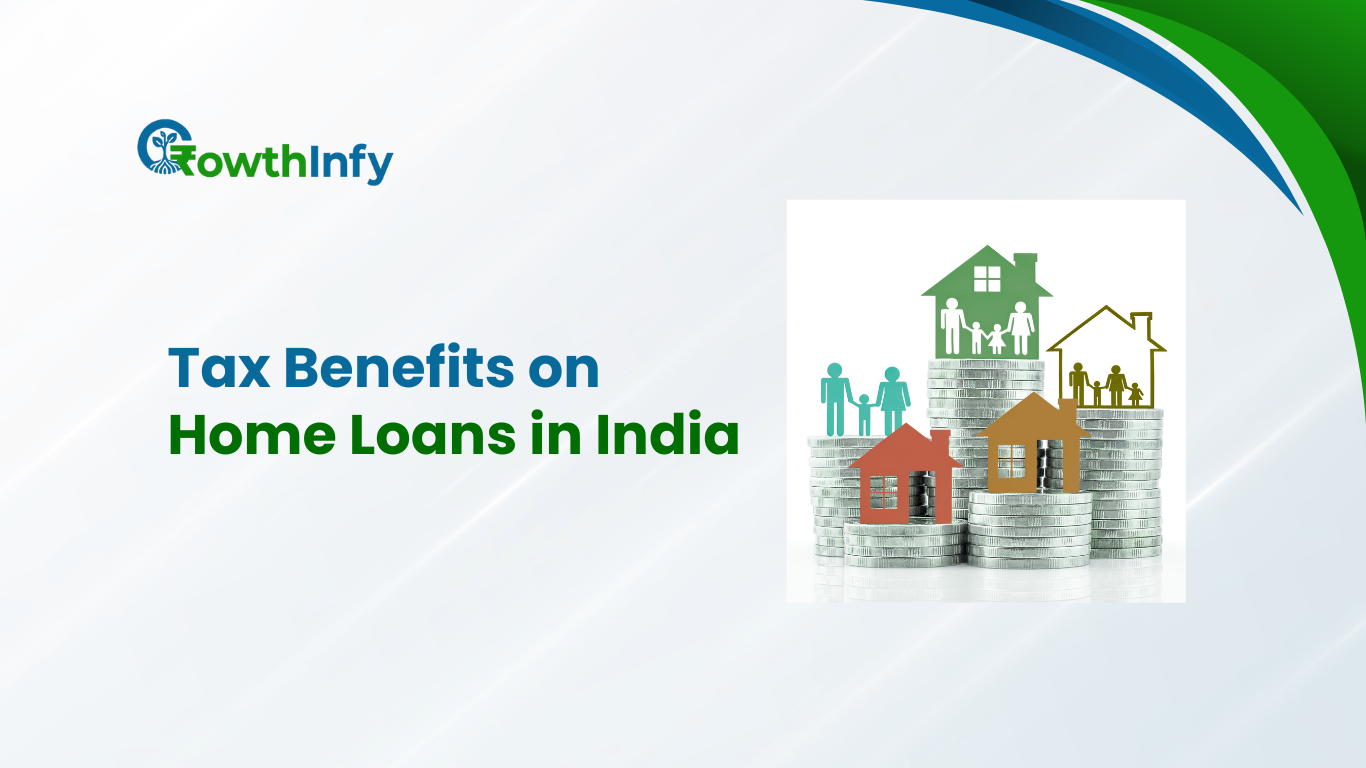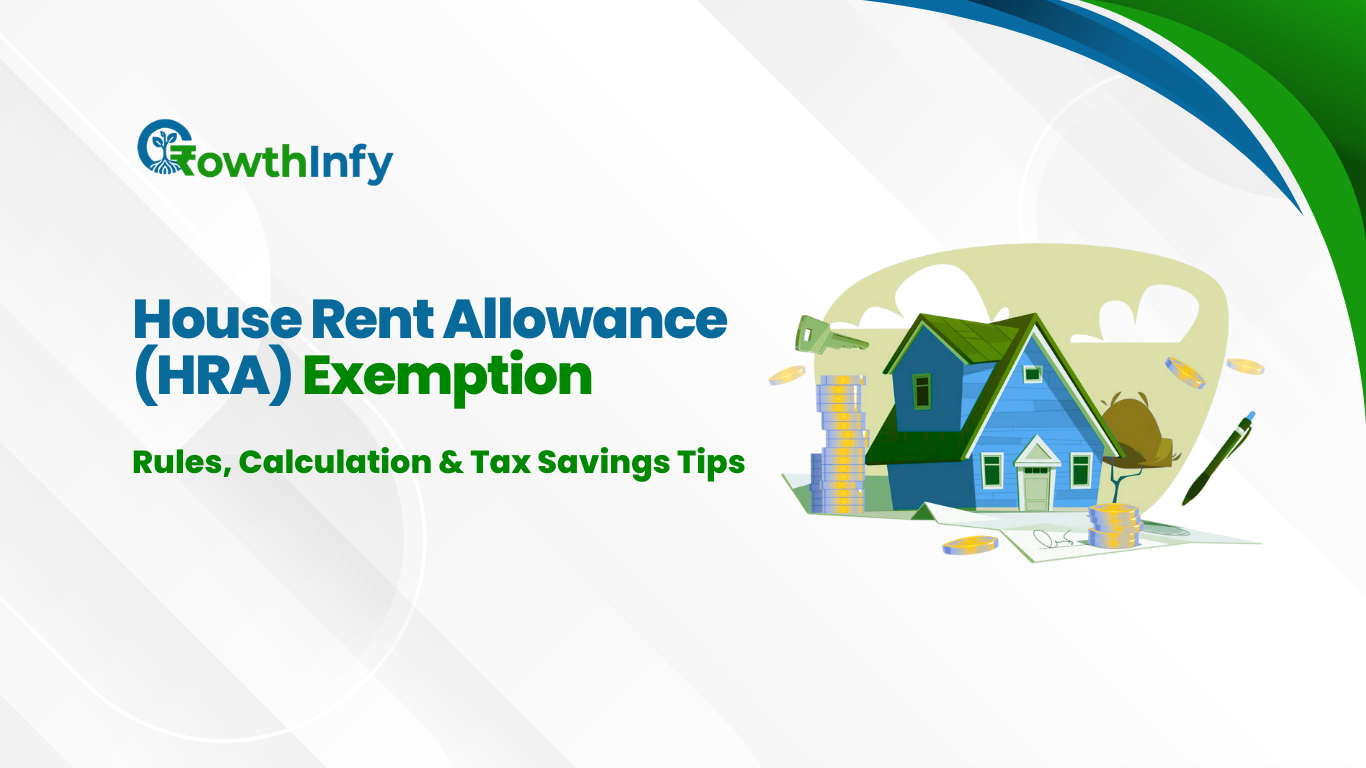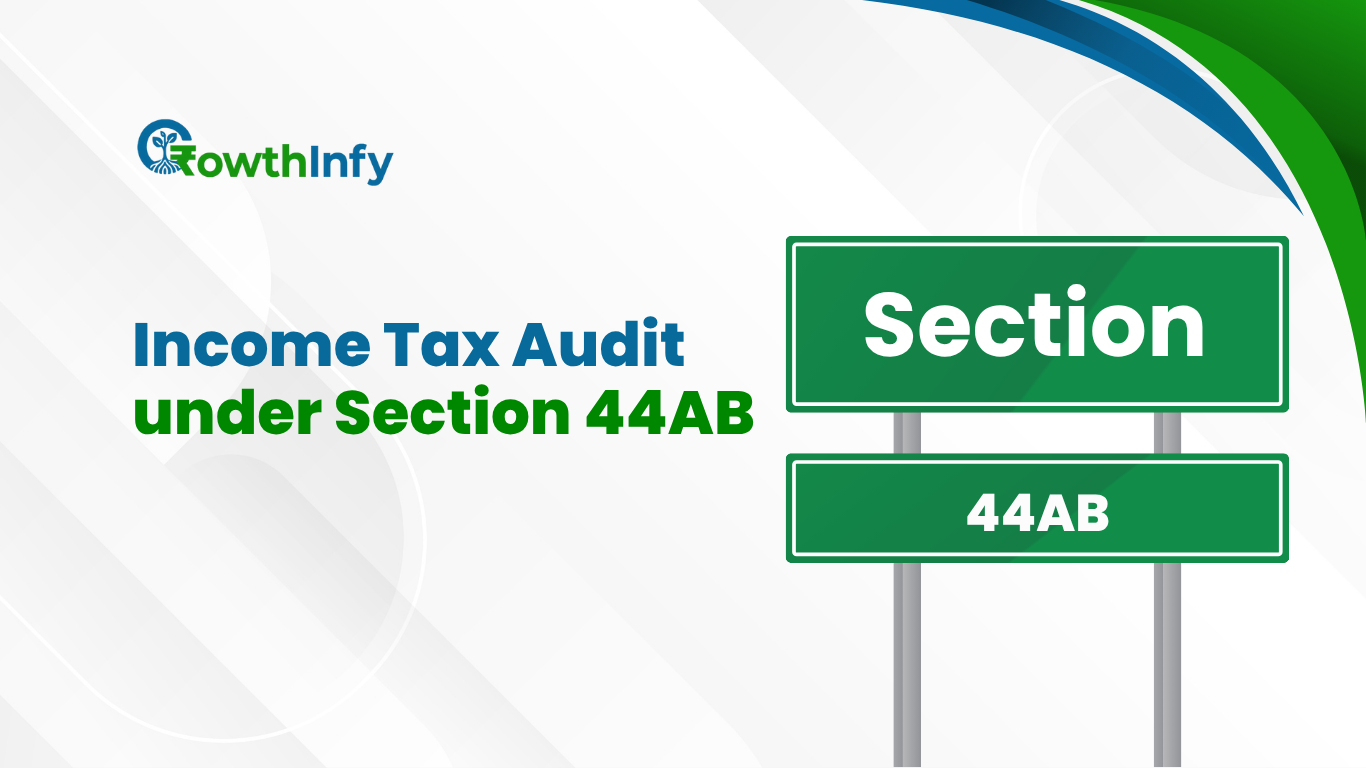Understanding Tax Benefits on Home Loans in India
For many Indians, home ownership is a dream that can be made possible by home loans. In addition to enabling home ownership, home loans can offer substantial tax benefits that can reduce your financial burden. By learning the tax benefits on home loans, you will be able to maximize your savings under the Income Tax Act, 1961. This article will explore the different income tax benefits on home loans available to Indian taxpayers so you can be better informed in your financial decisions.
What Are the Tax Benefits on Home Loans?
Home loans come with two tax benefits, i.e., deduction on principal repayment and deduction on interest paid. The tax benefits will typically be under Sections 80C and24(b) of the Income Tax Act, there is also Section 80EEA which is an additional opportunity. In effect, you can reduce your taxable income in a substantial way using these provisions. Let‘s look at each of them in detail, as well as how to receive the benefits.
Tax Benefits Under Section 80C
You can get a tax deduction under Section 80C for a home loan repayment principal, with a maximum limit of ₹1.5 lakh every financial year, as long as the property is self-occupied or unoccupied. As the deductions under Section 80C also include other investments that qualify for this section, such as PPF, ELSS, life insurance premiums, etc., you should plan your investments carefully, so you do not exceed the limit.
To qualify for exclusions you should own the property under your name and you should not sell or transfer it within five years from the date of possession. If the property is sold within five years of the date of possession any deductions previously claimed are added back to your taxable income. Section 80C can be a great way to reduce your tax liability while repaying your mortgage.

Tax Benefits Under Section 24(b)
Section 24(b) permits you to deduct the amount of interest paid during the year on your home loan. In the case of self-occupied properties, you can claim up to ₹2 lakh in a single financial year. For rented properties, you can claim as much interest as you have received as rent, without any upper limit. If your interest exceeds the rent and you still have not deducted ₹2 lakh, you can carry forward the interest for the next 8 years against rent received.
The only stipulation is that the home loan needs to be taken from a recognised financial institution and the construction or purchase of the property must happen within five years from the end of the previous financial year in which the loan is taken. This is an important benefit for borrowers paying high-interest home loans.
Tax Benefits Under Section 80EEA
Launched to encourage affordable housing, Section 80EEA provides an additional deduction of up to ₹1.5 lakh on interest paid on home loans. This deduction is available for first-time home buyers purchasing a property valued up to ₹45 lakh. The loan has to be sanctioned after April 1, 2019, and before March 31, 2022, and the stamp duty value of the property has to be less than ₹() lakh.
The deduction under Section 80EEA is above and beyond the ₹2 lakh limit in Section 24(b), which means it can be valuable for anyone who qualifies. Be sure to meet the qualifying criteria so you receive the maximum income tax benefit available for home loans.
Tax Benefits for Joint Home Loans
The tax benefits of taking on a home loan will increase when you add a borrower to the title, such as your spouse or parent. Each co-borrower can claim tax rebates on the same deductions – namely Sections 80C (₹1.5 lakh) and 24(b) (₹2 lakh) individually as long as you are co-owners of the property which doubles your tax benefits for the same loan. For example, if you took a loan with your wife or husband as co-borrowers, together you could claim a maximum of ₹3 lakh Section 80C and ₹4 lakh in Section 24(b) tax benefit. So long as the property is co-owned and both married spouses are on the loan and proper documents, you can benefit from this.
Tax Benefits for Under-Construction Properties
The benefits provided by the tax legislation can vary slightly for properties that are under construction. However, you cannot claim any deductions on either the principal or the interest during the construction phase. Once construction is completed, then you can claim the interest paid in respect of the loan taken for the construction in five equal installments in the next five years. Add on to this, you are entitled to a deduction in respect of the normal interest deduction under Section 24(b):
To optimize your tax claim it would be in your best interest to have construction completed within five years of the end of the financial year of which the loan was sanctioned. If five years have passed it may be harder to prove the deductions.

Tax Benefits for Second Home Loans
If you have a second home, the tax advantages/rewards under Section 24(b) are a bit different. For a second property (whether self-occupied or rented) and regardless of whether it’s occupied or rented, you can claim the entire interest (without the ₹2 lakh limit of paid interest actually applicable to self-occupied property). In the case of a second home or property that is self-occupied, it would be treated as a “deemed let-out” property (you may need to declare any notional rental income under the head Income from House Property).
Therefore, the second home loan is quite attractive from an investment point of view because it can be saved against rental income in its entirety. The big tax advantage is to minimize your total tax exposure by claiming the entire interest component of the loan against the rental income. Remember to always consult with a tax professional to ensure compliance with tax updates and timely filings.
Eligibility Criteria for Claiming Tax Benefits
To avail tax benefits on your home loans, you have to fulfill certain conditions:
- You have to avail a loan from a registered financial institution, like bank or housing finance company.
- The property must be residential and owned by you or a co-applicant.
- You have documentation proof, such as loan statements and property documents to support your claims.
- For sections 80C and 24(b), the property may be self-occupied or rented, while section 80EEA is only applicable for first time home buyers.
How to Maximize Your Tax Savings
If you want to maximize your income tax benefits from home loan, follow these tips:
- Plan your investments: Make sure that your loan principal repayment is counted as part of your total Section 80C deductions, and your current total still falls within the limit of ₹1,50,000.
- Choose joint loans: Think about having a co-applicant to get double the tax benefits.
- Buy affordable housing: If you can buy affordable housing, make use of Section 80EEA which provides an additional deduction for interest for home loans.
- Maintain Documentation: Keep loan statements, interest certificates, and property papers handy for tax filing.
Planning your home loan repayments wisely can help you reduce your tax payments while achieving your goal to become a homeowner.
Common Mistakes to Avoid
Many taxpayers miss out on tax benefits related to the home loan they have taken by making common mistakes:
- Fact Check Eligibility: Check that you satisfy the eligibility criteria of the relevant sections before claiming any deduction.
- Do not ignore joint ownership: If the property is not registered in both names, you could be missing tax benefits applicable to a joint loan.
- Incorrect documentation: Not submitting the appropriate loan certificate or interest certificate when submitting tax returns.
- Selling property early: If you sell any property within five years, it can reverse any deduction you have claimed under section 80C.
These mistakes can be easily avoided by getting professional advice from a tax advisor and knowing the relevant taxation laws.
Recent Updates in Tax Laws (2025)
As of July 2025, the tax savings on home loans are largely unchanged under the old regime. However, under the new regime introduced in 2020, no deductions are allowed under Sections 80C, 24(b), or 80EEA. You can relinquish your benefits for lower tax rates under the new regime. Weigh both regimes to determine the one that provides more savings.
All eyes will be on budget announcements, as the government may announce new schemes or tweak existing limits, which will affect homebuyers. Always check with a tax expert or other reliable source for updates.

Conclusion
Tax benefits on home loans in India represent a golden opportunity for tax savings while you repay your loan. By making use of Sections 80C, 24(b) and 80EEA you can reduce some taxable incomes. Whether you are a first-time homebuyer or an investor, understanding these benefits are paramount for financial planning. Always refer to a tax adviser – and make sure that you are compliant and getting the maximum benefit from income tax from the home loan. When done properly, your loan is both a step towards homeownership as well as a tax-saving one.





Pingback: Capital Gains Tax in India: Rates & Exemptions - Growthinfy
Pingback: HRA Exemptions: How to Maximize Your Savings - Growthinfy